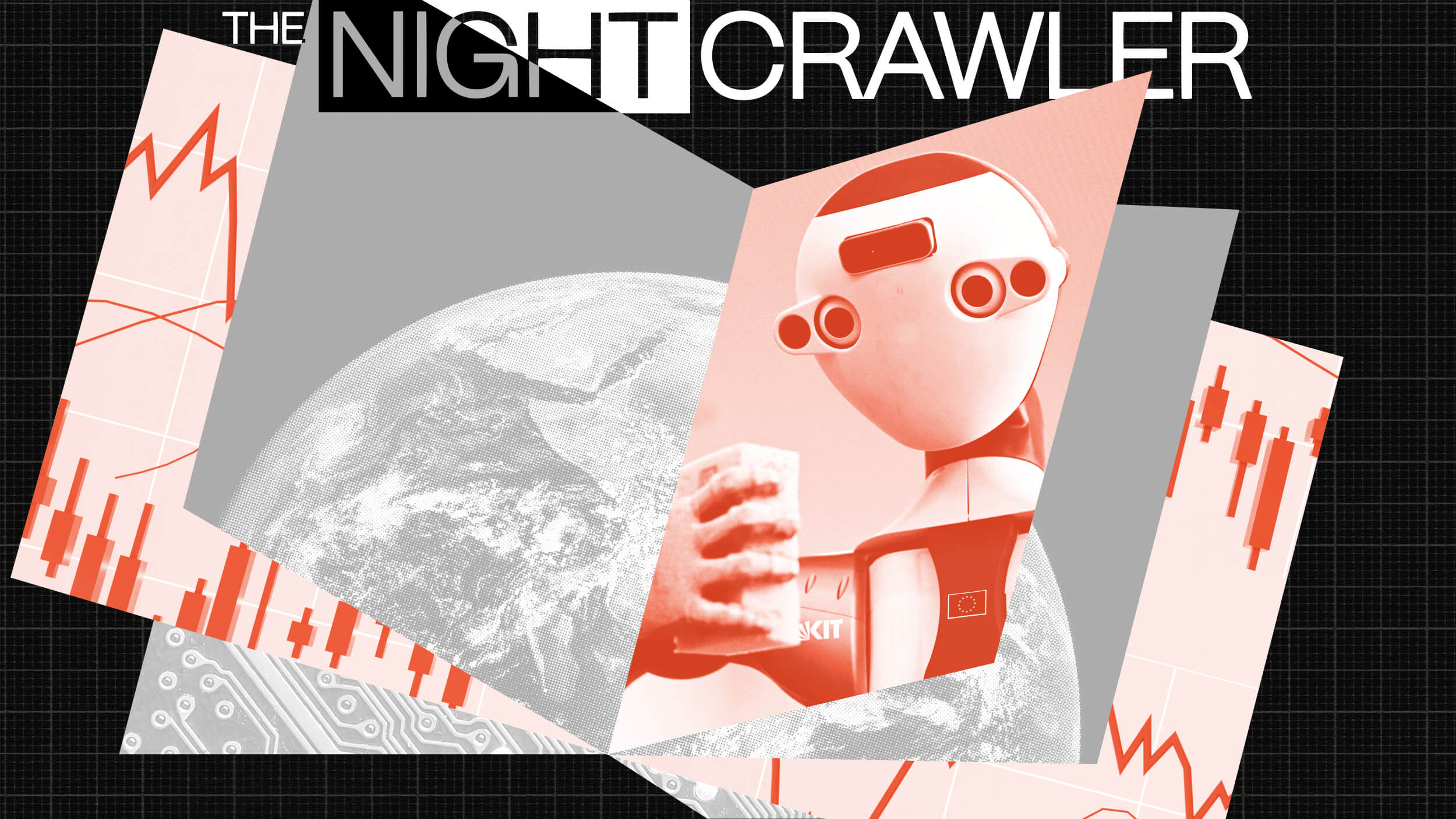“The line between what it means to be dreaming and what it means to be awake is going to become very interesting,” says Jordan Greenhall, CEO of Neurohacker. Virtual reality is perhaps the easiest way to conceive of that concept right now, but it’s just one piece in a much larger body of accelerated technology on the horizon. Our sense of reality, how our self fits into our perception of the world, can be easily shaken through sensory input manipulation—and in very low-tech and low-quality ways. So image what a sophisticated approach will bring. VR and its relatives will be able to hack our mind in ways we will be helpless to resist—dream up an object and one day it might be 3D printed in quasi-real-time, straight from your imagination. Of course, there are enormous ethical implications. If we think social media encroaches on our lives now, we are not prepared for a future in which dreaming and waking look eerily similar. How will it change election campaigns, personal relationships, will you responsible for your own addictions and behaviors in this future? How will we establish the first rules of consent—hopefully not the hard way. VR will disrupt our very deepest construct: how we see and react to reality. If we are thoughtful about design and ethics, Greenhall hopes this radically upgrade our potential, rather than downgrade how we relate to one another.
Jordan Greenhall: So now let's talk about virtual reality. We have this idea that one of the things that our media does, one of the things the way that we perceive the world does, is change the nature of how our psychology works. Our psychology is designed to be adaptive to our environment, and so if I change the way that we're interacting with the environment I change the psychology, and that has durable effects.
VR is kind of a big deal. It represents a radical increase in our capacity to modify the way that we perceive reality. It's highly immersive, it's multi-modal, so in principle it can be visual, auditory, kinesthetic—I mean we could layer other things potentially in, with electrical stimulation and olfactory if we want to—but the idea is that our conscious sense of self-identity, our position in the world, is actually a relatively loosely held construct.
There's been very good experiments on the way that you can actually cause someone’s sense of even where their body is in space to just go away and make them feel like they're 15 feet in front of where they actually are, because we're always doing our best job to integrate the total input of our sensory modalities to make a coherent gestalt of, 'Oh this is world, and this is self.' And what VR does is it provides enough fidelity of information and enough coherence of modality to jack or hack that underlying mechanism whereby we actually create our construct of self and world. That's a serious fucking thing.
If you think about the way a little kid interfaces with a film, a movie; for a little while they're sort of confused about what's real and what's not real when they're observing it, but there's enough difference between sitting in a chair and watching a video and being in the world that eventually you learn to recognize and separate the two. In VR, and as we get better and better at doing it, that distinction goes away.
And this is quite important. The line between what it means to be dreaming and what it means to be awake is going to become very interesting, and it's going to become more and more interesting, because remember VR is just one piece of a generalized consequence of accelerating technology. So it's not just that we're going to be doing VR, we're also going to be radically improving our actuation capacity in the world in general. And so we can imagine circumstances where I might craft an object in VR, and then—say in quasi-real-time—some mechanism is in fact actually 3D printing that object so then I reach out, take off my VR glasses and the thing that I thought I was creating in an entirely imaginary space is actually physically present in my hand. That's going to cause some very interesting changes in the way that we relate to the difference between what reality can do and what imagination can do.
And as I mentioned to you in our sort of conversation before this thing started, as a consequence of all this VR is particularly effective at blowing your mind. And I mean in terms of disrupting your underlying construct about what the nature of reality happens to be. And this is very good news and also extraordinarily bad news. From the extraordinarily bad perspective it means that VR is extremely well-positioned to create a designed reality that you're going to have a very, very hard time rejecting. If you think about the way that propaganda, back in the early 20th century, got good at understanding how human beings parse information to make decisions and getting in underneath our psychological defense mechanisms, VR is 100 million times more capable of engaging in that.
The good news is, is if we do a much, much better job at being—let's call it ethical—at crafting a relationship between our power to affect the world and the way that power affects us, so if we do a much, much better job at being ethical around VR, then it will be the most powerful tool that we have for radically improving the way that we respond to the world, for upgrading our capacity to respond to the world, because it would be a much more embodied and whole system hack for our deep constructs. Does that make sense?





